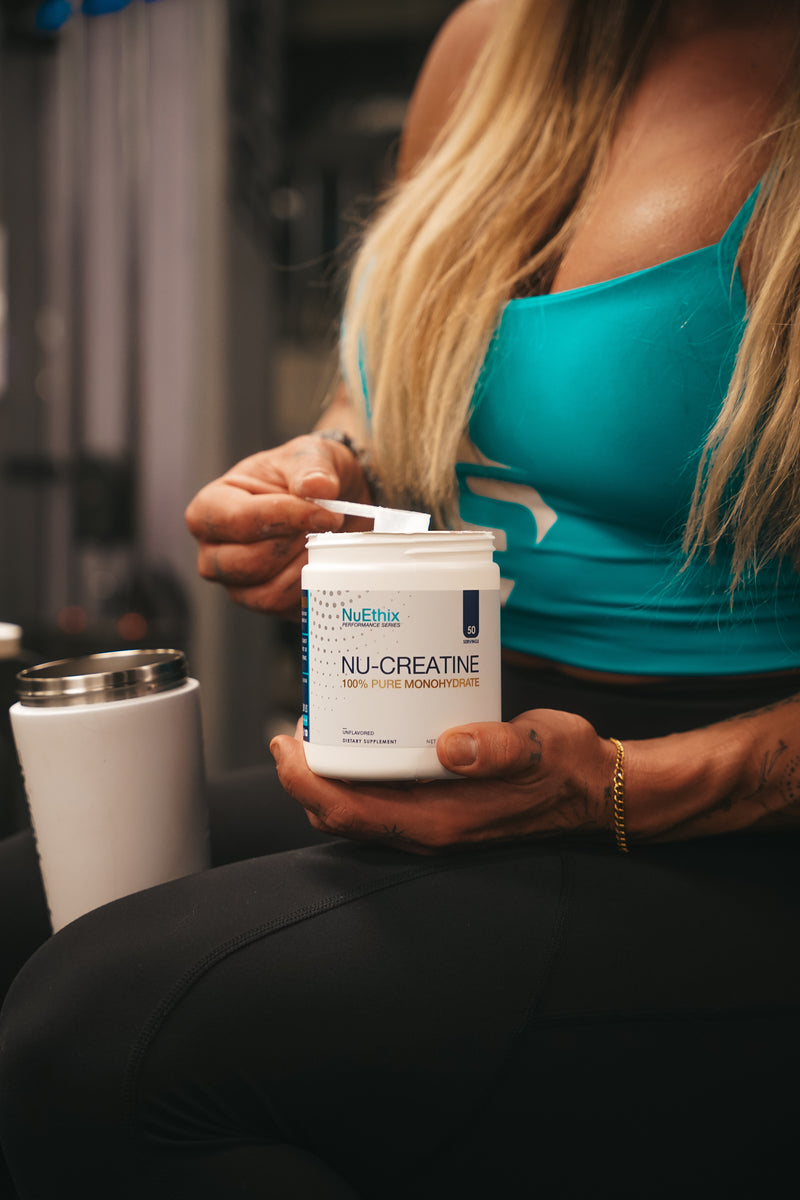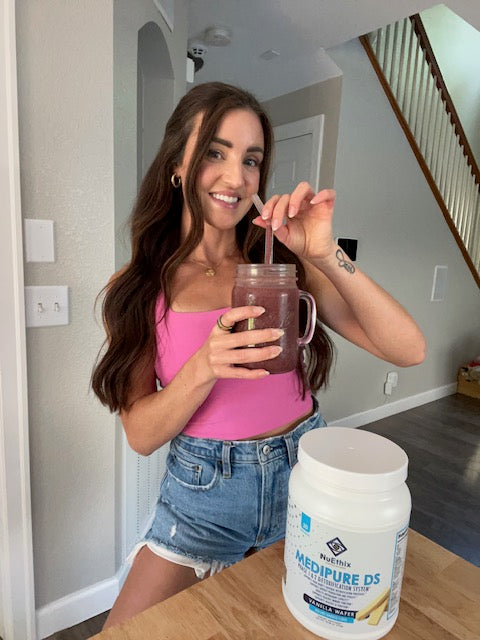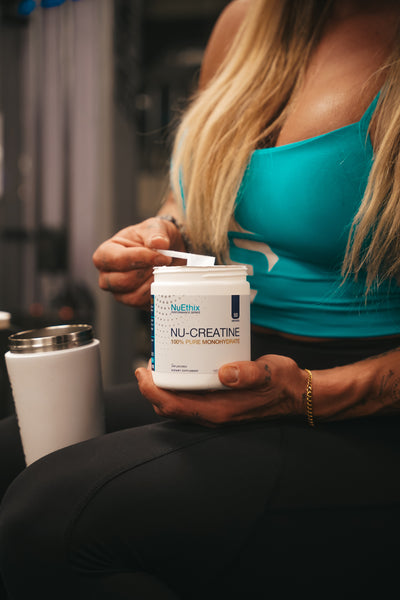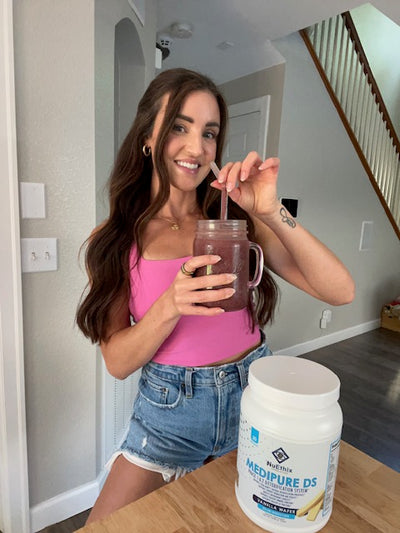
4 Biggest Myths About Weight Loss
4 Biggest Myths About Weight Loss
So, your best friend sent you a link the other day to an interesting article that was promoting new ways to shed unwanted belly fat and had a great-looking diet plan to go along with it. You thought, “this would be perfect, I’ve been needing to get rid of some stubborn fat I have that’s been bothering me for quite some time”.
You followed this so-called “diet” for a month straight, staying committed to the entire program that was laid out to the finest detail. You hit the scale expecting to see those numbers drop drastically when suddenly you see that you’re tipping the scales at a heavier weight than before you even started this program.
What gives?
Ah, yes. Another misleading hoax and a failed attempt at weight loss. While we’re at it, let’s tack on another notch to developing trust issues since not everything on the internet is true – who could’ve guessed? This, my friends, is what we call another capitalization on diet fads and myths that seemingly slip through the cracks and convince everyone it’s the ultimate truth.
Yes, it’s super frustrating to try and take in new knowledge about how you can better yourself and get on the right track with your health only for it to fail miserably and disappoint you. The reality is that there’s so much bad and false information out there regarding dieting and weight loss that it’s hard to decipher what’s true and what’s overly exaggerated.
The problem is that everyone has access to a plethora of unsupported myths out there that are greatly misunderstood but also widely praised as being effective for weight loss. It’s all about separating what’s right from what’s wrong and give the broscience worshipers a run for their money by debunking popular weight loss theories before you end up in another disappointing situation by following advice on the internet.
Let’s put some of the most common fat loss theories to bed and shed reality on the full truth of these claims. Who knows, you may be surprised to see that many of these theories you’ve been hearing for years are just common misconceptions and far from the actual truth.
Here are 4 of the most widely debunked fat loss myths you may not be aware of.
#1 – Fats and Carbs Hinder Weight Loss
One of the most misconstrued pieces of advice is that carbs and fats should be considered the devil and avoided at all costs…
Wrong. If you’ve been following this structure, then it’s highly advised you stop depriving your body of the macronutrients it needs to survive. Eliminating fats and carbohydrates from your diet does not help speed up weight loss, if anything you’re just going to stall out any potential progress and put yourself into a state of chronic fatigue.
Listen, those two words can sound evil but believe me – they are far from negative. To put it in layman's terms, your body needs them to use as a resource for natural energy. You’re not going to burn off any fat when you’re not allowing for a source to gain energy from. You’re giving your body no other option but to feed off your muscle to maintain and utilize natural energy.
Without going into glycemic index information and other details that can be discussed separately, it’s important to note that introducing healthier carbohydrate sources can be vital for weight loss and muscle gain. Utilizing healthy fats such as avocado, coconut oil, almonds, and other nuts to name a few, are critical in providing your body with the unsaturated fuel it needs to push your workout to be effective in supporting your weight loss goals.
The key thing that gets missed here is the terminology scaring everyone away. Fats can be good, it’s the saturated and trans fats that are what’s needed to be avoided. These bad fats can be attributed to excess weight gain, which is where people get confused.

Refined carbohydrates such as pasta, cereal rich in sugar, and soda are also commonly missed and confused when it comes to reading into what’s bad carbs versus good carbs. Opting for more fibrous fruits and vegetables is not only a great way to get in daily micronutrients but it’s also a great fuel source and perfect for a dietary plan that supports weight loss.
The bottom line, there are good fats and carbs as well. Don’t eliminate them entirely or live your life scared of a single grain of rice because you think it’s going to make you swell up like Violet Beauregarde from the Willy Wonka movie – it’s just not going to happen, don’t sweat it. Make the right choices and update your meal plans moving forward to include the good options.
#2 – Carbs Before Bed Will Make You Fat
The fact that anyone believes this is pure comedic value and I’m here for every bit of it. Where should we start here? To be completely transparent, no. You will not get fat just by having carbs before bed. This would be an entirely acceptable situation to inject multiple facepalm emojis just by the pure fact of how often this fake news gets spread.

While it's been heavily ostracized as being a big "no-no", eating carbs before bed being contributed to weight gain isn't something that should be taken very seriously.
However, it’s highly necessary to clarify something here. This does NOT mean you can shovel down ladles full of mashed potatoes like it’s no one's business before bed. In this specific case, you probably will get fat. This relies on daily caloric intake and macronutrient goals. Just like all dietary and daily nutritional intake guidelines, there are specific amounts that tie into weight loss.
You’ve most likely heard of a caloric deficit, surplus, and maintenance. This plays the most vital role in weight loss and weight gain. Should you find yourself over your daily maintenance intake and you plan on eating a bowl of cereal before bed, then you can expect to see some differences in the scales over time. If you still have not met your daily caloric intake needs, eating carbohydrates before bed can still help with weight loss goals.
You do not have to avoid carbs before bed like it’s the black plague. The most common myth that’s associated with eating them at night is that your body will end up just storing it as fat because when you’re sleeping, you’re not moving – therefore you will not burn it off and it will just be stored.
Consumption of carbs before bed will not kill your fat loss goals. There is no scientific data that supports this myth. Just make sure you’re sticking to your macronutrient and caloric goals while training hard. Don’t take the whole theory that insulin sensitivity is worse at a specific time of night and that it can throw off your whole diet.
#3 – Spot Reducing Fat
There are absolutely ZERO magic creams or powders that you can rub on specific fat areas to melt it off. Most importantly, you can’t ab crunch your way into a six-pack when your diet is filled with hot pockets and pizza rolls.
Spot-reducing fat is simply put, completely nonfactual with no supporting evidence to suggest otherwise. You can reduce body fat, but you can’t tell your body where you want it removed from. Unfortunately, that’s just not the way things work.
The introduction of “spot reducing fat” was introduced to capitalize on the untrained market of individuals desperately looking for any methods to get rid of their unwanted love handles or excess fat on the underarms. This is where products such as topical creams were advertised as a one-pitch addition that magically makes fat disappear from areas where it’s applied.

While there have been many studies done on this theory, spot reduction of fat within controlled groups has shown minimal results with percentages that cannot be confirmed as factual for the supporting study.
So, while one person may carry some extra fat in the hips but not in their stomach – it’s not because they chose this and there’s certainly no way to specifically target a certain area and try to remove it. It’s all about getting total body fat down.
#4 – Cardio, Cardio, and More Cardio
Cardio is great for supporting weight loss, there’s no question about this. You’re burning the calories needed to stay in a deficit while maintaining the proper diet which in turn, is going to help you shed fat.
However, too much cardio can be a negative thing. You do not need to be incredibly excessive with cardio to lose weight. If you think doing cardio for 3 hours a day is going to help, then you’re wasting time when that could be spent on much more useful things in daily life.

Going hard on the step mill and treadmill is effective but once you start going too far with it, you can start to lose muscle and slow down the metabolism which will put you at a plateau. Eventually, this leads to putting your body in a catabolic state where your body will start to break down muscle to provide you with the nutrients it needs.
Train smart! Don’t go into your new diet plan and think that a ton of cardio will help melt the fat off in no time – you’re going to do more harm than good. Start by looking at the structure of your diet and implement cardio as needed, burning calories to an extent is awesome but burning too much and not making sure you’re getting in the right number of calories is where people often get carried away with misinterpretation.
Not to mention, you’re probably going to make yourself miserable dragging yourself along the treadmill every day when your body is begging for a break. Preserve your hard-earned muscle and allow for fat loss to be achieved optimally without doing too much that’s not necessary.
The Final Takeaway
If you’ve heard about any of the myths listed above, it’s time to do a little bit more research before falling victim to another fad/hoax. These theories have been out there for a very long time and have always been at the center of controversy for many of the reasons that have been pointed out and refuted.
Unfortunately, there are going to be many more theories just like those that get passed around like it’s a newfound fact that should be followed if you want to lose weight. If there’s something that sounds like it doesn’t make sense or is too good to be true, then you should probably trust your gut instinct (no pun intended) and look at the research studies that are based on these.
As we continue to advance in technology and the dietary field, there will be much better advice on how to achieve weight loss and improve nutritional structure.
Don’t believe everything you read, just because someone else says something is effective – doesn’t mean it actually is.

Austin Perry
Veteran fitness and health writer Austin Perry has accrued almost a decade worth of experience in sports nutrition and supplementation while having numerous featured articles published and shared within the wellness community.





